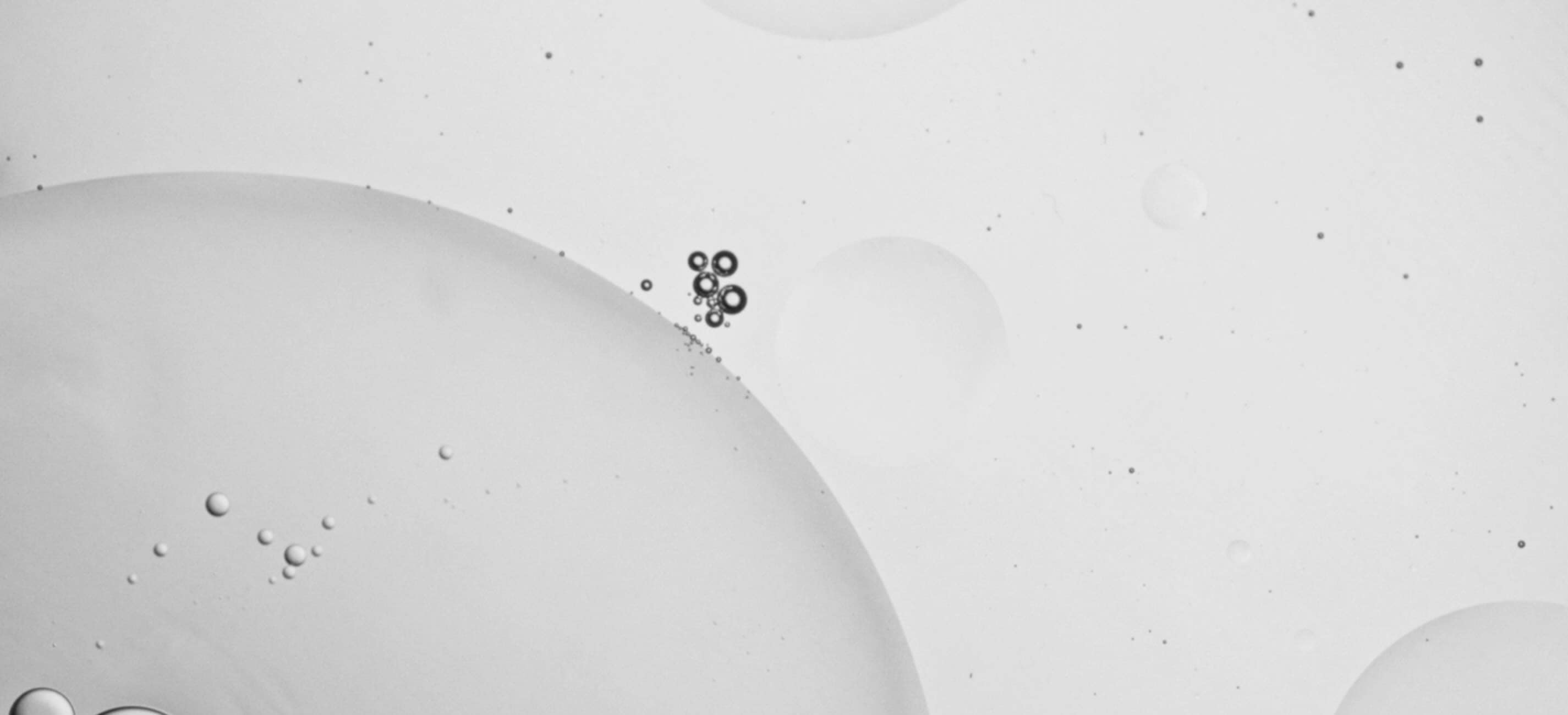Our research on regenerative medicine is developed in close collaboration with prestigious universities and international research centers, including the University of Milan, the University of Eastern Piedmont and the University of Manchester (UK).
Together with our scientists, these academic institutions carry out advanced studies to understand and optimize the therapeutic potential of microfragmented adipose tissue (MFAT), with a focus on tissue regeneration, angiogenesis, anti-inflammatory and antibacterial properties.
Thanks to an in-depth analysis of the secretome – the set of biomolecules released by MFAT – we explore the biological mechanisms that regulate cell growth, tissue repair and intercellular communication.
Our research focuses on:
These studies, published in prestigious scientific journals (Stem Cell Int. 2019, Vasc Cell 2016, Br J Anaesth. 2018), not only expand scientific knowledge, but have a direct impact on clinical protocols adopted by Image Milano, ensuring advanced treatments based on the latest scientific evidence.
The ultimate goal? Bringing science to the service of regenerative medicine, developing increasingly targeted and effective solutions for the well-being and health of our patients.










